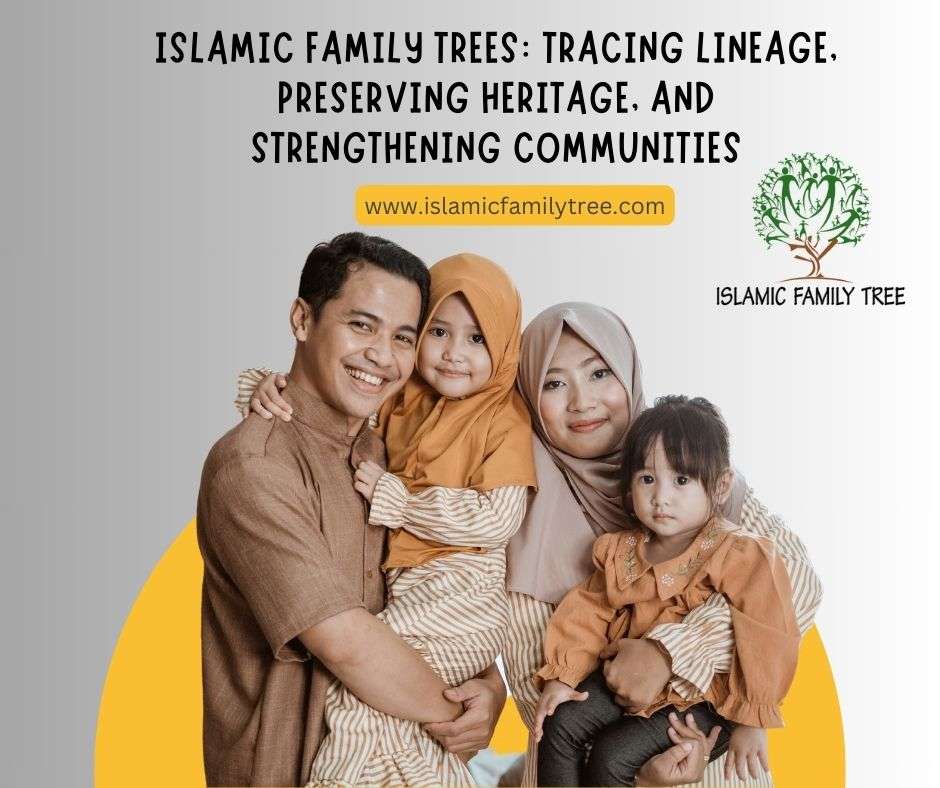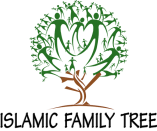
The concept of a family tree in Islam is deeply rooted in the religion’s rich history and traditions. Islamic family trees serve several important purposes, reflecting the core values and principles of the faith. Here are some key features and aspects of Islamic family trees:
Genealogy and Lineage: Islamic family trees are primarily used to trace one’s lineage and genealogy. This is especially significant in Islam because it helps establish a person’s eligibility for certain rights and responsibilities, such as inheritance, marriage, and social status. Many Muslims take great pride in being able to trace their lineage back to notable figures in Islamic history, particularly to the Prophet Muhammad.
Prophet Muhammad’s Lineage: The family tree of the Prophet Muhammad is of utmost importance in Islamic genealogy. Muslims believe that Muhammad was a descendant of the Prophet Ibrahim (Abraham) through his son Isma’il (Ishmael). This lineage establishes the Prophet’s prophethood and his connection to the Abrahamic tradition.
Inheritance Laws: Islamic family trees are used to determine the inheritance shares of family members. The Quran contains detailed instructions on how to distribute an individual’s assets among their heirs. Accurate knowledge of one’s family tree is crucial in ensuring that these inheritance laws are followed correctly.
Marriage Eligibility: In Islam, there are specific rules about whom one can marry, and these rules often depend on one’s lineage. For example, close relatives are generally not allowed to marry each other, and knowing one’s family tree helps prevent such unions.
Preservation of Lineage and Identity: Islamic family trees serve as a means of preserving a person’s identity, heritage, and cultural ties. They help individuals maintain a sense of connection to their ancestors and a sense of belonging within the larger Muslim community.
Historical Significance: Many Islamic family trees can be traced back through centuries, connecting individuals to historical events and figures. This historical significance is highly valued in Islamic culture and provides a sense of continuity and tradition.
Community Bonds: Islamic family trees also play a role in strengthening community bonds. Muslims often refer to each other as “brothers” and “sisters” in faith, and knowledge of shared lineage can create a sense of extended family among members of the same community.
Spiritual Connection: Some Muslims believe that knowledge of their family tree can enhance their spiritual connection to the past and serve as a reminder of their responsibilities to uphold Islamic values and traditions.
Recording and Documentation: Islamic family trees are often meticulously recorded and passed down through generations. They serve as a form of documentation and historical record-keeping within families.
Respect for Ancestors: In Islam, there is a strong emphasis on showing respect and honoring one’s ancestors. Knowledge of one’s family tree helps individuals remember and honor their forebears.


